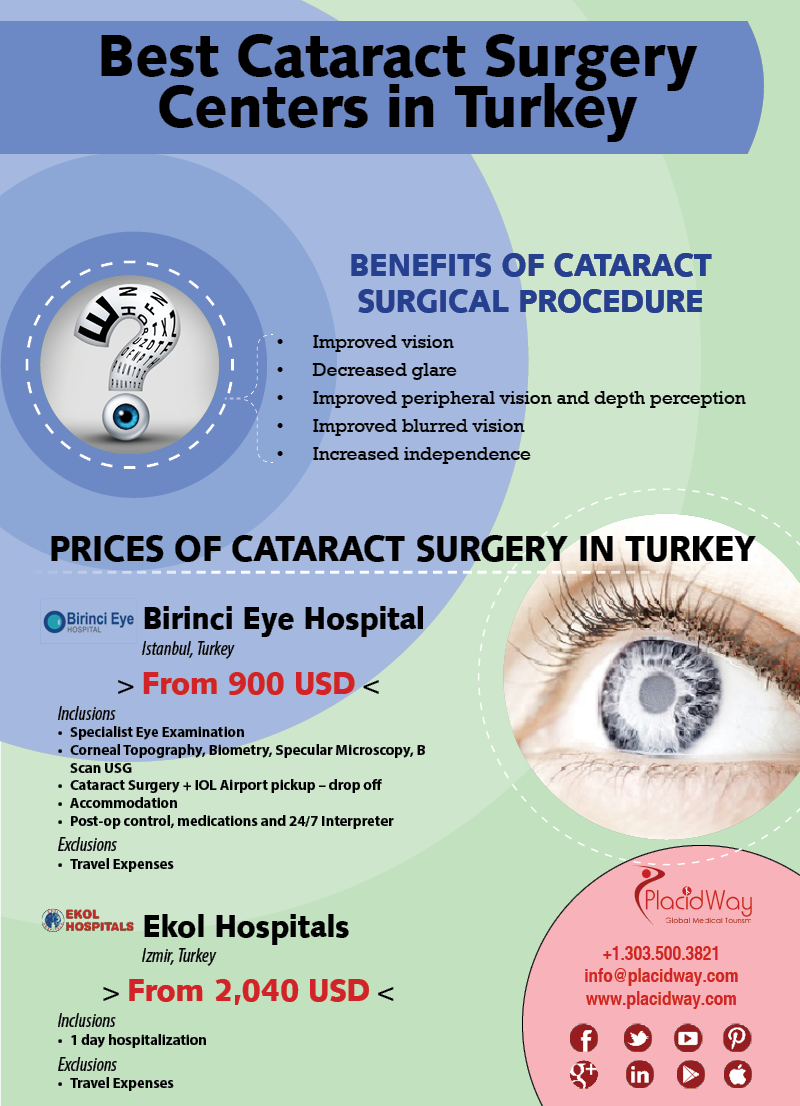If you're pondering SMILE eye surgical procedure, ponder this: are you prepared to accept prospective visual liberty, or does the idea of any kind of risks make you hesitate? Your decision will rest on a careful equilibrium of evaluating the benefits versus the unpredictabilities. It's essential to delve deeper right into the subtleties of SMILE surgical treatment to make an informed selection that lines up with your visual goals.
Recognizing SMILE Eye Surgical Procedure
When thinking about SMILE Eye Surgical treatment, it's important to recognize the treatment and its advantages. SMILE, which stands for Little Cut Lenticule Extraction, is a minimally invasive laser eye surgical procedure that fixes usual vision problems like nearsightedness (nearsightedness).
During https://www.webmd.com/eye-health/graves-eye-defined , your eye doctor will certainly use a femtosecond laser to develop a little cut in your cornea. Via this laceration, a little disc of cells called a lenticule is gotten rid of, reshaping the cornea and correcting your vision.
One of the crucial advantages of SMILE Eye Surgery is its fast recovery time. Lots of patients experience boosted vision within a day or more after the treatment, with very little pain.
Furthermore, SMILE is recognized for its high success price in giving long-term vision adjustment. Unlike LASIK, SMILE does not require the creation of a flap in the cornea, minimizing the threat of issues and allowing for a much more secure corneal structure post-surgery.
Comprehending the treatment and its benefits is essential when considering SMILE Eye Surgical procedure for vision modification.
Benefits and drawbacks of SMILE
Taking Into Consideration SMILE Eye Surgical treatment for vision adjustment features various benefits and potential downsides.
Among the primary pros of SMILE is its minimally intrusive nature, as it includes a small laceration and normally causes quick healing times. The treatment is additionally known for triggering minimal pain and completely dry eye symptoms post-surgery compared to other vision improvement approaches. In addition, SMILE has actually been revealed to supply superb visual end results, with several individuals accomplishing 20/20 vision or much better.
On the other hand, a potential con of SMILE is that it may not appropriate for individuals with serious refractive errors, as the treatment array is rather limited contrasted to LASIK. An additional factor to consider is that the knowing contour for doctors implementing SMILE can impact the accessibility of experienced service providers in specific areas.
It is very important to consider these benefits and drawbacks meticulously when making a decision if SMILE is the appropriate selection for your vision adjustment demands.
Identifying Eligibility for SMILE
To establish if you're eligible for SMILE eye surgical treatment, your optometrist will certainly conduct a detailed examination of your eye wellness and vision needs. Throughout this evaluation, variables such as the security of your vision prescription, the thickness of your cornea, and the overall wellness of your eyes will be examined.
Normally, candidates for SMILE are over 22 years old, have a secure vision prescription for a minimum of a year, and have healthy and balanced corneas without problems like keratoconus.
Your eye doctor will certainly also consider your overall eye wellness, any kind of existing eye problems, and your way of life requires to determine if SMILE is the best choice for you. http://luigi95arianna.booklikes.com/post/6563635/is-cataract-surgical-procedure-right-for-you-checking-out-the-pros-and-cons to interact any kind of certain visual needs or issues you might have during this assessment to guarantee that the treatment lines up with your expectations.
If you aren't qualified for SMILE, your ophthalmologist may suggest different vision correction choices that far better match your individual demands and eye health and wellness condition.
Verdict
Inevitably, choosing whether SMILE eye surgical treatment is right for you requires cautious consideration of your private eye wellness and visual needs. Speak with your eye doctor to establish your qualification for the procedure and weigh the prospective benefits and drawbacks. Remember to connect any type of concerns or concerns you may have during the analysis process to make an educated choice about your vision modification alternatives.
